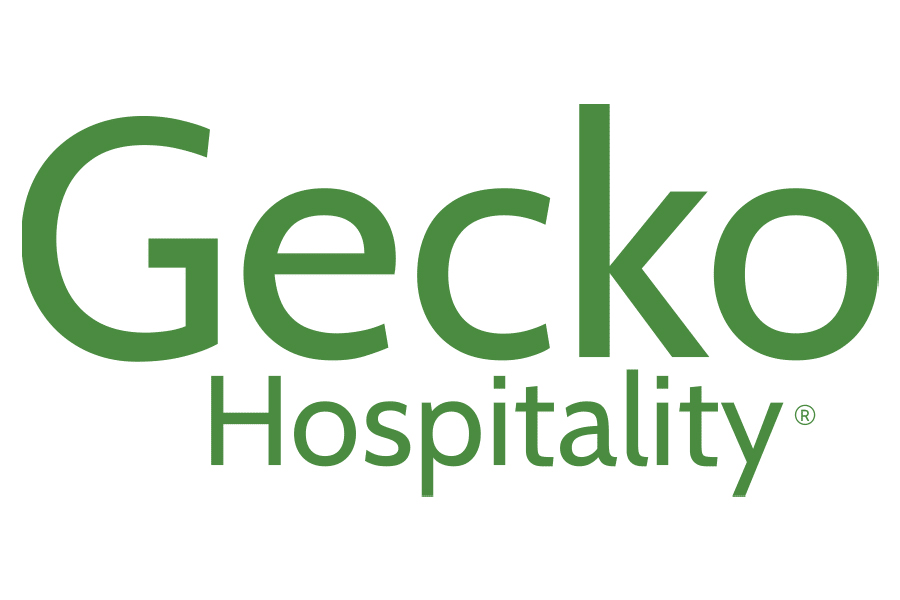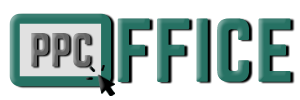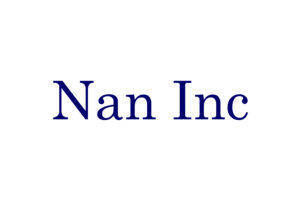
The current needs of the Hospitality Industry
The coronavirus pandemic will be etched into our collective memory for years to come as a result of its destructive impact on the global economy at many levels. What we can all agree on is the massive and unexpected impact the COVID-19 sanitary issue has had on all of our lives, and this is something that we can all agree on.
The hospitality, travel, and tourism industries have been hammered particularly hard, but the impact on society cannot be ignored.
In this blog, we will take a closer look at how the hospitality industry will need to realign their businesses in order to meet the current needs and wishes of the market. We will provide some recommendations that we believe will be essential for hotel managers to consider when making decisions on the current status of the Hospitality industry.
Hotel Management and Administration
It is imperative that the hotel business and its managers adapt. Now is the time for hotel owners and managers to demonstrate the sector’s resiliency and ability to adapt to the reality of the market while also incorporating new rules and regulations into operations. Instead of simply attempting to be politically correct, this is an opportunity to demonstrate the industry’s ability to think outside the box.
Planning
Planning is essential in any organization, but in the current environment, thorough, efficient, and continuous planning will be even more important than ever to ensure a successful outcome. Operating departments will need to develop new standard operating procedures (SOPs), action plans will be essential for all divisions, business models will need to be redesigned, and contingency plans will need to be thoroughly examined.
Design of a Hotel
It is necessary to rethink the physical concept of hotels. Maintaining cleanliness and sanitation, reducing non-essential elements (cushioning, decorative elements, newspapers/magazines), and redesigning common areas to respect social distancing and capacities are all important considerations for a manager when evaluating how rooms and public areas should be adapted.
Strategies for Sales and Marketing
According to the European Travel Commission’s Study on Monitoring Sentiment for Intra-European Travel, nearly 45 percent of those surveyed intend to plan their next trip online, using travel review websites (18 percent), destination websites or social media (12.7 percent), and hotel websites (the remaining 10 percent) (11.8 percent ). This is supported by consumer research conducted by SAS, a pioneer in marketing analytics, in the EMEA region, which found that 70{6b2e92626082d16659cfd1277348ffb700a7f6773e73b1dbb3ad40ec2618a47d} of new digital consumers want to continue using digital services after the lockout. It is expected that the sectors and organizations that are successful in retaining these clients over the long run would reap the greatest rewards.
Using fresh tactics to reimagine the hotel’s spaces is another way to increase visibility while also enhancing returns. Hospitality companies have been more innovative in their methods to attracting new customers, and they have incorporated new business models into their strategic objectives. There are a variety of business model methods to choose from, including renting out day rooms, converting spaces into co-working spaces, providing facilities for television and film production, and even renting out space to schools for educational purposes.
People Management
While it is critical to concentrate on client comfort and safety, we must not forget about the other critical human aspect in this sector – the workers themselves. It is likely that millions of hotel employees will be forced to take time off from their jobs, and it will be tough for them to return to work in the future, both physically and mentally. Working with clients face-to-face and completing teamwork tasks will be difficult after a period of solitude and little socialization.
In order to ensure a safe working environment, hotel owners and managers will need to invest money and resources in organizing training sessions, providing suitable Personal Protective Equipment, providing meticulous information, and delivering meticulous information. Understanding, flexibility, adaptability, and empathy are also important in aiding a smooth transition back to work.
In conclusion, we can learn the most from difficult conditions when we are forced to adjust to new and unfamiliar circumstances. This pandemic has compelled the hospitality industry to increase its level of creativity and innovation in order to remain competitive. It has also put the abilities of owners and operators to differentiate themselves to the rest. When it comes to simple things, such as switching from the Bed and Breakfast concept to the Room & Breakfast concept, they look to be novel, but they are simply the product of resource efficiency.
Those hotel firms that have cultivated a culture of adaptability and a positive attitude toward change will demonstrate resilience and set an example for others to follow.
“It is not the strongest of the species that survives, nor the most intelligent. It is the one that is most adaptable to change.”
Charles Darwin



